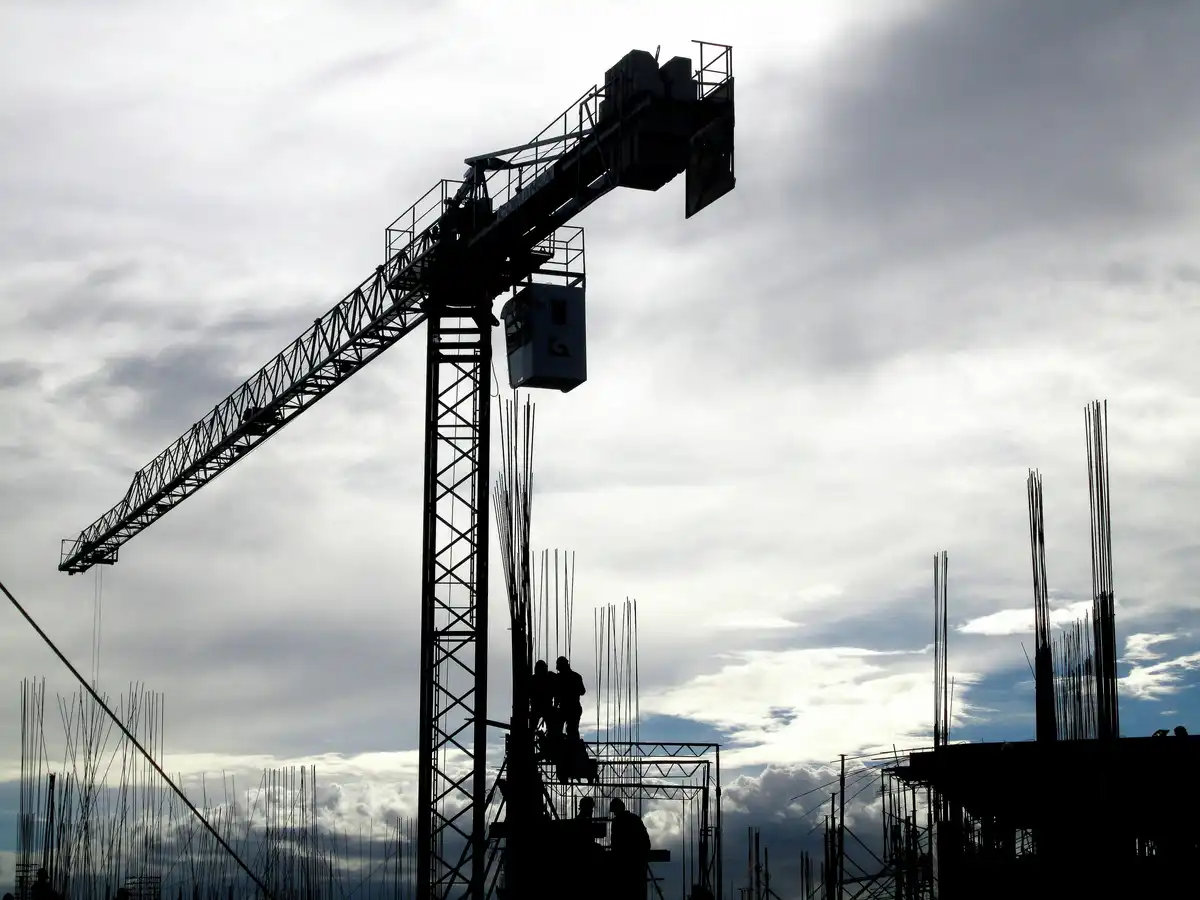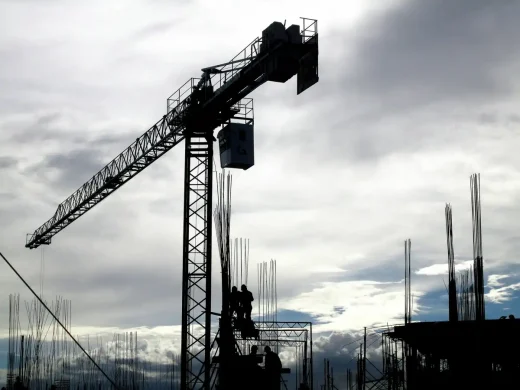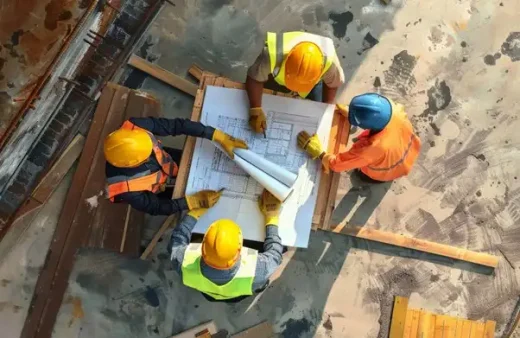How to manage a construction project for beginners, Building work management property planning
How to Manage a Construction Project for Beginners
6 December 2024
For a beginner, managing a construction project can be incredibly rewarding. It’s also a high-pressure situation that requires a long list of skills. Construction projects can be complex and challenging, and unexpected developments can arise anytime. If the unexpected becomes a reality, you may need to adjust budgets and schedules and re-plan your project.
Managing a construction project requires patience, a careful eye, and the right technology tools. Here is how to get started.
Define Your Basics
Always start with your basics in construction project management. Define the project scope, objectives, and deliverables. This may require collaborating with the client and other stakeholders.
Maintain a Realistic Budget
Use historical cost data and cost estimation calculations to arrive at a realistic budget for your project. Factor in labour, materials, and equipment. Include some leeway with contingency funds as well. You will likely have to review and adjust your budget as the project progresses.
Use Construction Tech
Employ construction tech wherever possible to increase efficiency and optimize overall project management. BIM can be used for project visualization. Wearables exist to improve worker safety. Drones are inexpensive and can be used for site surveying and monitoring. The possibilities are endless.
Set Up Construction Software
Use construction software to manage your project, assist with goal tracking and progress, and support strong accounting practices. There are multiple uses for construction software that make managing projects endlessly easier for a beginner.
Carefully Procure Materials
With your budget in mind, select and procure materials. Prioritize quality, durability, and sustainability where and when you can. Compare supplier quotes and negotiate terms. Ensure the materials purchased arrive on time.
Risk Analyses
Be aware of the risks involved. If a risk becomes a reality, you will be tasked with making decisions as the construction project manager. During the project planning phase, identify all important risks and engage in strategies to limit the negative consequences of each.
Conduct Thorough Analyses
Assess site conditions, zoning laws, environmental regulations, and a project’s financial viability. Use analyses and automated reports from your construction software to help inform your management decisions.
Hire the Right Team
Choose the correct contractor for each job task. Assess who you want to hire. Talk to team members individually and familiarize yourself with each worker’s strengths and weaknesses.
Prevent Overlap
Ensure your contractors are scheduled correctly, roles and responsibilities are distinct, and project phases and work schedules are clear.
Delegate Tasks Responsibly
A project manager cannot micromanage the entirety of a project. They have to delegate. This can be challenging, but you can delegate responsibly and not over-manage if you’ve hired the right team.
Sequence Work Correctly
Sequence activities logically to avoid any downtime or delay. Unfortunately, this issue is common on construction sites due to delays in material deliveries and similar developments. Project managers sometimes allocate buffer times to accommodate these risks.
Run a Task at a Time
A project generally has multiple phases. If multiple problems arise or priorities need attention, tackle them one at a time. Do not split your attention. Focus on one task after another, maintaining focus, avoiding distractions, and ensuring you make the best decisions.
Be a Strong Communicator
In project management, easy communication methods are essential. It doesn’t hurt if you’re an average-to-strong communicator as well. Provide immediate notice if the details of project phases are altered in any way. Stay in touch with stakeholders. Provide active feedback to contractors.
Manage Labour Effectively
Of course, as a project manager, a major responsibility is to ensure your workforce is productive and delivering the performance you want. Monitor progress. Receive and read daily reports. Address disputes or morale issues promptly. Keep your workforce motivated.
Prioritize Safety With Strong Emphasis
Implement site-specific safety protocols and conduct weekly routine toolbox talks. Ensure everyone on-site understands the importance of safety, is aware of safety standards, and uses their PPE. Do what you can to enforce safety compliance at every turn.
Quality Gets You Completion
Refrain from speeding through project phases. Approve all work based on quality control and safety standards. Ensure even small tasks are done right. Minor imperfections or issues can become expensive if a quality control specialist does not properly vet them.
Track Project Progress
Conduct at least one site inspection weekly. Manage progress meetings to update stakeholders on the project’s status. Assess productivity and performance. Update schedules and budgets based on actual progress.
Manage Construction Documents
Keep blueprints, permits, and contracts systematically organized. As a construction project is carried out, more documents, such as progress reports, will be created. Have those on hand, preferably on digital platforms, so that document sharing and storage are never an issue. Maintain an updated project file at all times.
Comments on this guide to How to manage a construction project for beginners article are welcome.
Building Consultants
Building Consultant Articles
Understanding ADA Compliance Consultants
Professional Consultant Certificate and New Build Warranties
Home Design
Home Design Articles
Comments / photos for the How to manage a construction project for beginners advice guide page welcome.








